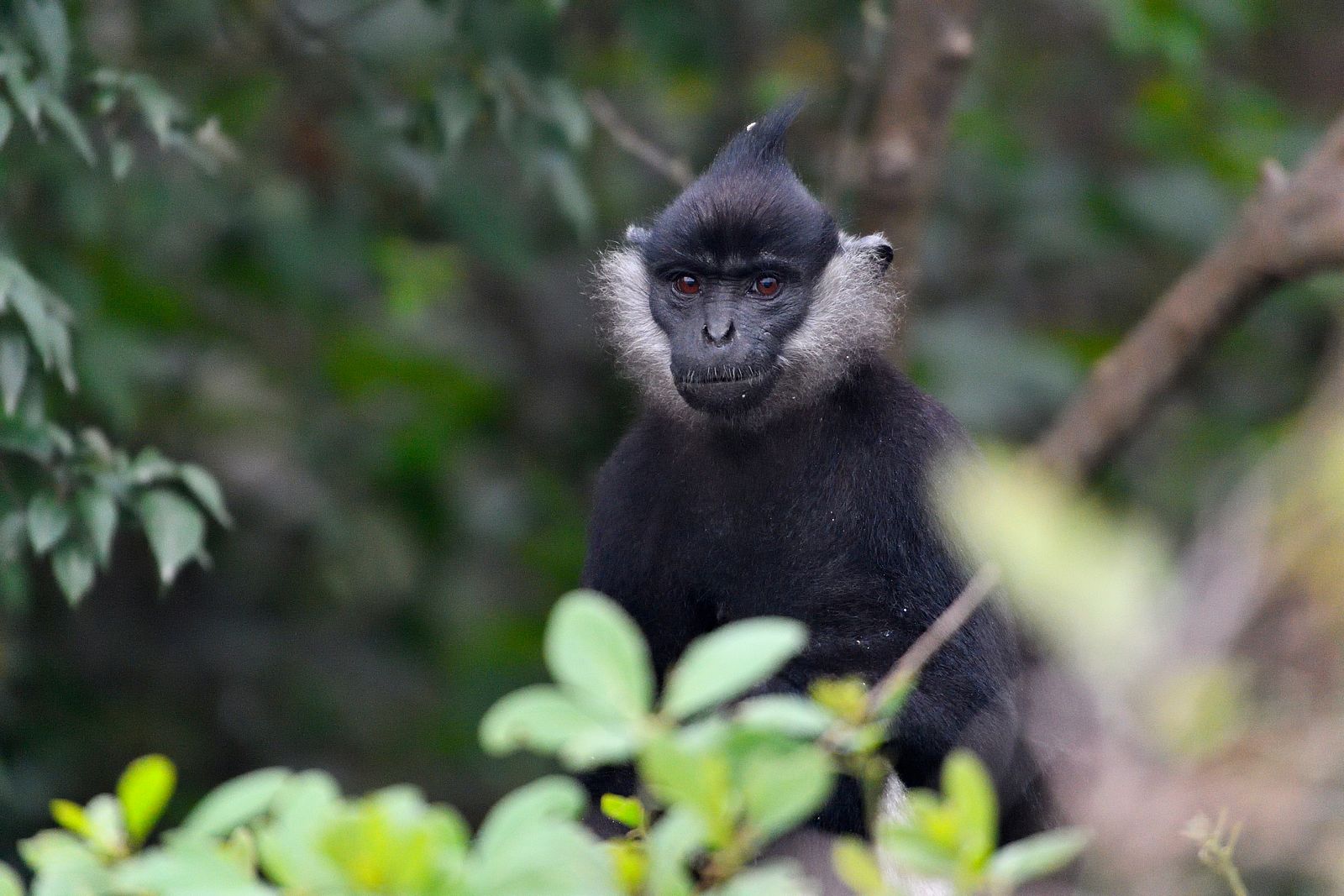Fed up with air quality that ranks among the worst in the world, 31 Jakarta residents have sued seven Indonesian government bodies — including the presidential office, Jakarta’s gubernatorial office and the Ministry of Environment — hoping to raise awareness and establish tangible changes.
On July 4, the Indonesian capital recorded an Air Quality Index (AQI) of 210, which is deemed "very unhealthy," and surpassed other notoriously smoggy cities such as Beijing and New Delhi, according to Channel News Asia. The day's high number of particulate matter (PM), sulfur dioxide, carbon monoxide, nitrogen dioxide and ozone — the items the index tests for — is not an anomaly, as a 2017 sensor in the city cited only 26 days that could be considered “good” air quality.
Conditions are rapidly deteriorating, however, with 2018 witnessing twice as many unhealthy days as the year prior. Jakarta was ranked as the most-polluted in the world at least half a dozen times during this past June.
Regular citizens, including artists, businessmen and academics, many of whom are suffering health problems related to air quality, comprise the 31 plaintiffs in the suit. They are demanding that the government improve and update monitoring equipment and share the data with the public at least once per year.
Bondan Andriyanu, a climate and energy campaigner at Greenpeace Indonesia, explained to the Bangkok Post: “The government needs to be more transparent. The public needs to know sources of pollution so we can get the best policy. We need an evidence-based and science-based solution. We can’t solve this in one day so the policies need to be continuously reviewed.”
The government has pushed back against claims that the air quality in the metropolis is getting worse, while citing traffic as the sole contributor. Dasrul Chaniago, the director of air pollution control at the Indonesian Ministry of Environment and Forestry, warned people not to "dramatize the situation."
Jakarta's filthy air is having significant effects on the population. The Post cites a University of Chicago study which found that pollution reduces the average Jakartan's lifespan by 2.3 years. In 2016, the city's residents spent an estimated US$3.6 billion on health expenses due to air pollution-related diseases, according to the city’s health agency. Specific illnesses caused include heart diseases, stroke, pulmonary and acute lower respiratory diseases, as well as low-birth weights.
Traffic fumes, factory emissions and the numerous coal-fired power plants surrounding the city are all identified as causes of the pollution, according to Greenpeace. Five new plants reliant on coal are being planned around the city while the population continues to increase, which is cause for a pessimistic prognostication for the future of Jakarta's air quality.
[Photo via Jakarta Post]















